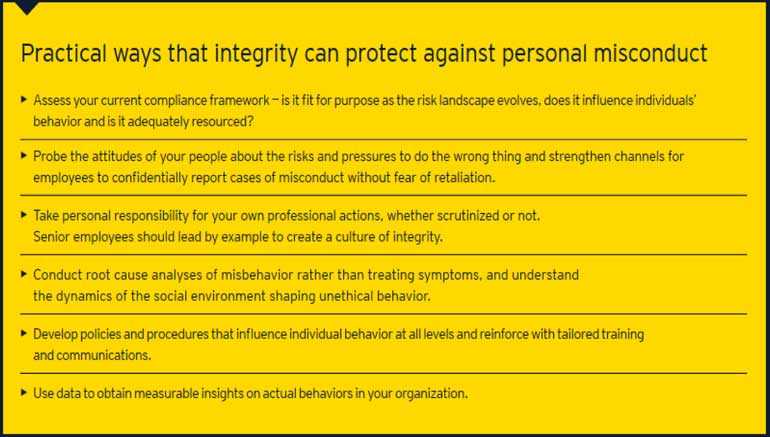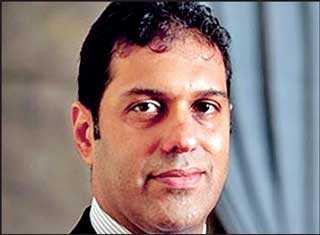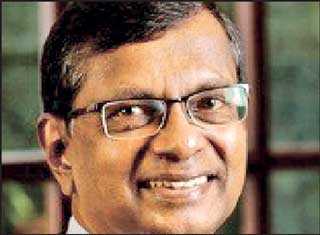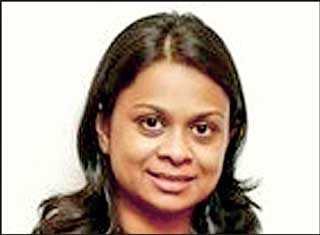Sunday Feb 22, 2026
Sunday Feb 22, 2026
Friday, 27 November 2020 00:00 - - {{hitsCtrl.values.hits}}

 |
| Ramesh Moosa |
 |
| Murtaza Esufally |
 |
| Sunil Wijesinha |
 |
| Hiranthi Fonseka
|
Even before the global pandemic took hold, businesses faced significant pressures. As published by The Economist, the economic fallout of COVID-19 is likely to create a perfect storm for misconduct,
exposing a decade’s worth of corporate fraud schemes, while giving rise to new ones. In such a context, how important is integrity within a board and an organisation? Extremely important. A lack of internal controls, complacent boards and executives, fraudulent and toxic work environments contribute greatly towards the breakdown of the Integrity Agenda of a company.
The post-C-19 business environment has now placed more emphasis on the importance of acting with integrity, with lax internal conditions within companies giving rise to a storm of fraud. When the challenges are greater, the risks are as well. How can companies navigate such a landscape with so many potential financial and reputational pitfalls? A recent EY Global Integrity Report 2020 identified a number of insights that supports this prediction;
90% of businesses surveyed at the height of the pandemic believe COVID-19 poses a risk to ethical conduct Sanction infractions in the heat of the pandemic could come back to create regulatory, financial, operational and reputational consequences
Post-COVID, as companies rebuild their supply chains, they must pay careful attention to the business and compliance implications of changing suppliers, logistics routes and sourcing The rise of social media has given a platform to discuss integrity issues in a much more open way – and consumers are taking notice
Developing an integrity agenda doesn’t just protect organisations by avoiding fines and penalties. It can also help them thrive financially and deliver long-term value for their stakeholders. For example, Ethisphere research found that the world’s most ethical organisations outperformed the US Large Cap Index by 13.5% over a five-year period.
The Sri Lanka Institute of Directors (SLID) in partnership with EY will host a panel discussion on ‘The Integrity Agenda’ on Friday 27, November at 4 p.m. via MS Teams. EY Asean Forensic and Integrity Services Leader Ramesh Moosa will deliver the keynote at the session. He has over 25 years of experience working in Singapore, US, Hong Kong and China, delivering forensic investigations, e-discovery, investigative analytics, expert witness, compliance and cybersecurity services to multinationals, law firms and public sector organizations, including regulators. Joining the panel discussion will be Hemas Holdings PLC Director/Morison PLC Managing Director Murtaza Esufally, counting over 27 years of experience in senior management levels and Sunil Wijesinha, an Independent Director serving on boards of a number of listed companies and former head of The National Chamber of Commerce, The Employers’ Federation of Ceylon and The Employees’ Trust Fund Board. The interactive session will draw on the insights of the panellists in their roles in carrying out moral and ethical best practices in local companies in Sri Lanka. The session will be moderated by EY Partner Hiranthi Fonseka. To register email [email protected] or T: 0113 620613.